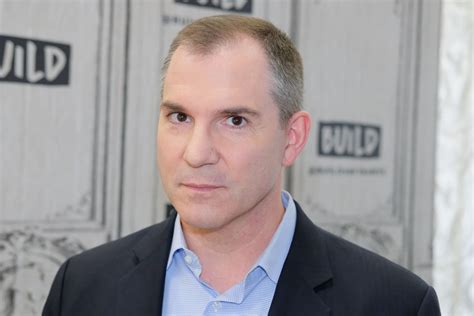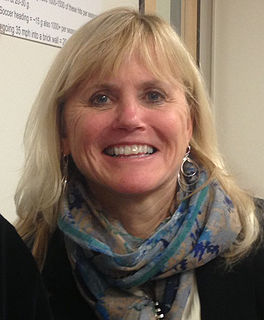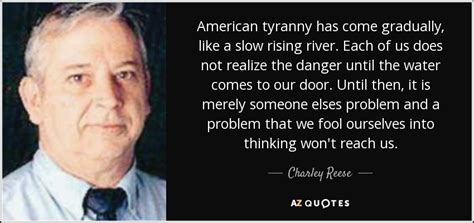A Quote by Charles Eames
The real questions are: Does it solve a problem? Is it serviceable? How is it going to look in ten years?
Related Quotes
Solving the population problem is not going to solve the problems of racism, of sexism, of religious intolerance, of war, of gross economic inequality. But if you don't solve the population problem, you're not going to solve any of those problems. Whatever problem you're interested in, you're not going to solve it unless you also solve the population problem. Whatever your cause, it's a lost cause without population control.
We have Americans who are voting for someone in whom they have confidence, about whom they have hope, because at after the election 2016 whoever wins is going to have to govern. And when you look at the tenor of this campaign, and when you look at the way people feel about these candidates and how partisan our country is for starters, how does the winner govern? I mean that's the real, real problem.
You know how it always is, every new idea, it takes a generation or two until it becomes obvious that there's no real problem. It has not yet become obvious to me that there's no real problem. I cannot define the real problem, therefore I suspect there's no real problem, but I'm not sure there's no real problem.
The thing I wrote we ought to look to Canada for is the shorter sentences. I mean, the mess we're in here, is because of the drug war and this idea of adding another five years, another 10 years, you know, like it means nothing to the people involved. It certainly does nothing for crime prevention - what problem are we hoping to solve?







































